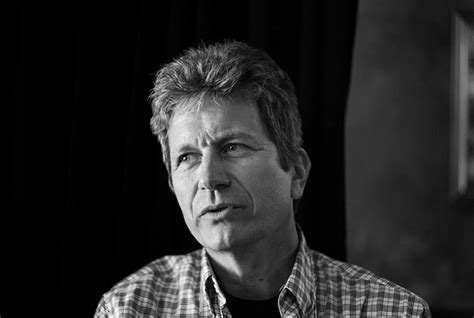Top 18 Quotes & Sayings by Rick Heinrichs
Explore popular quotes and sayings by an American designer Rick Heinrichs.
Last updated on December 24, 2024.
I was working with actors who were very easy to work with, but I can just imagine how, with all the other decision-making problems that come up along the way, in addition to that, the whole point of what your doing is following performance and character development. You're building your story with those building blocks, and it is not easy. I've only come out with more respect for directors, from this.
If you are able to see on a monitor what it's actually going to look like and have that kind of feedback informing your decisions, then you're bringing back a lot of the decision-making process of the designer, the director of photography and the director away from the post-production process and bringing it back into the actual capturing of the event on film.
With all of this new technology at our hand, there is much more opportunity to show and to allow the audience to take in bits of the story on a more subliminal level, as well as the more expository, simply because they are getting things from different ways. It is really interesting to see where that can go.
























